What are guidelines on preparing the lesson "Nắng đã hanh rồi" for students in Vietnam? What are regulations on language competency for grade 10 Literature subject in Vietnam?
What are guidelines on preparing the lesson "Nắng đã hanh rồi" for students in Vietnam?
The text "Nắng đã hanh rồi" is part of the curriculum in Grade 10 Literature.
Students can refer to the following guidelines on preparing the lesson "Nắng đã hanh rồi":
|
Guidelines on preparing the lesson "Nắng đã hanh rồi" * Creation Context and Theme: |
*Note: The information is for reference only./.

What are guidelines on preparing the lesson "Nắng đã hanh rồi" for students in Vietnam? What are regulations on language competency for grade 10 Literature subject in Vietnam? (Image from Internet)
What are regulations on language competency for grade 10 Literature subject in Vietnam?
Based on Section 4 of the General Education Literature Curriculum issued with Circular 32/2018/TT-BGDDT, after studying literary texts in Grade 10 Literature, students need to meet the following requirements:
Skillfully write argumentative and explanatory texts on topics related to life and career orientation; write according to process, combine different expression methods, types of arguments, and artistic elements; have an opinion on a social issue.
Able to write argumentative and informational texts on relatively complex topics; argumentative texts require analysis, evaluation, comparison of literature value; discuss issues suitable for those nearing adulthood, requiring relatively complex structure and argumentation, evidence must be sourced from multiple references; explanatory texts write about scientific issues in the form of a report in compliance with conventions; respect intellectual property rights and avoid plagiarism.
Writing shows emotions, attitudes, personal experiences, and ideas in response to the issues presented in the text; demonstrate a personal perspective, way of thinking, and lifestyle that reflects individuality.
Capable of debating issues with opposing viewpoints; demonstrate an open-minded attitude and appropriate debate culture; able to listen to presentations and evaluate their content and expression forms; enthusiastic about expressing personal views and individuality in debates; confidently and persuasively present scientific issues. Communicate and listen flexibly; understand methods and processes for conducting a debate.
What literature knowledge shall grade 10 students in Vietnam have?
According to sub-section 2, Section 5 of the General Education Literature Curriculum issued with Circular 32/2018/TT-BGDDT, the literature knowledge for Grade 10 students includes:
- The dominant inspiration of literary works
- The story, third-person omniscient narrator, first-person limited narrator, perspective in the story
- Some elements of epics, myths: space, time, plot, narrator, characters, narrator's and characters' words,…; value and vitality of epics
- Aesthetic value of some formal elements in poetry
- Some elements of cheo or folk opera scripts: anonymity, themes, plots, characters, dialogues, transmission methods,…
- Historical or cultural, social contexts and works
- Basic understanding of Nguyen Trai helps in reading and understanding some of his exemplary works
- Content similarities across literary works from different cultures
- Literary works and the reader.

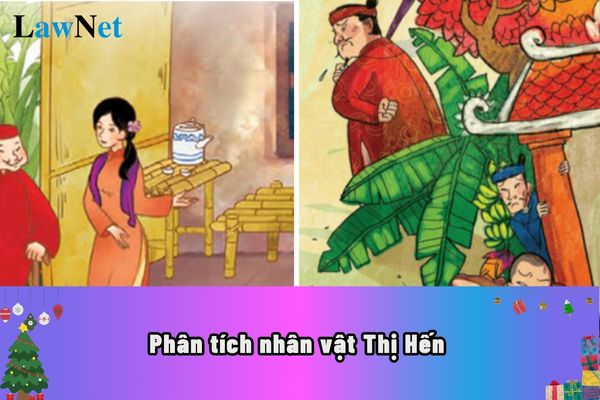
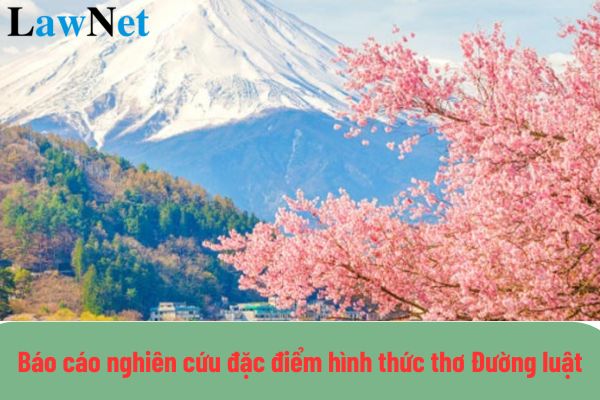
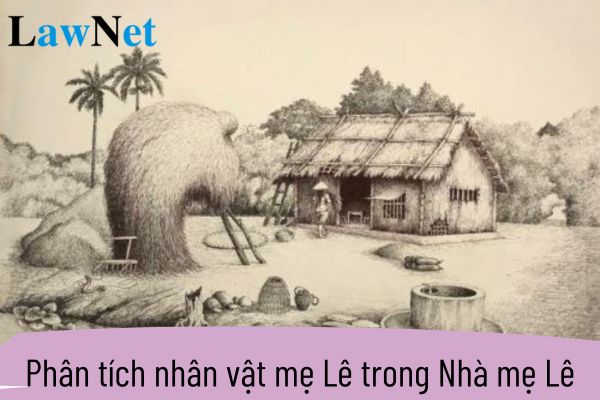

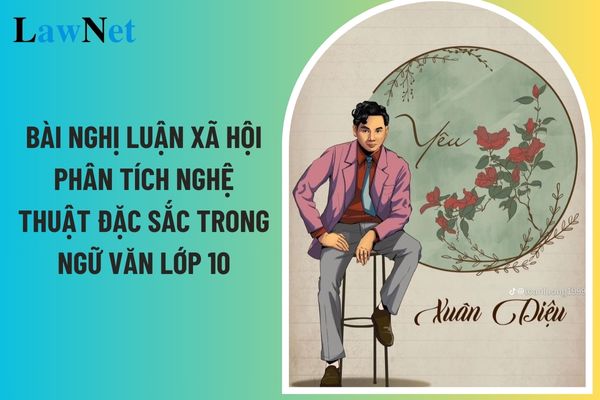
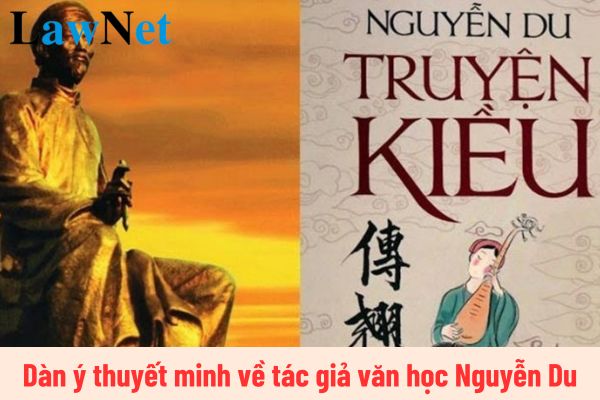
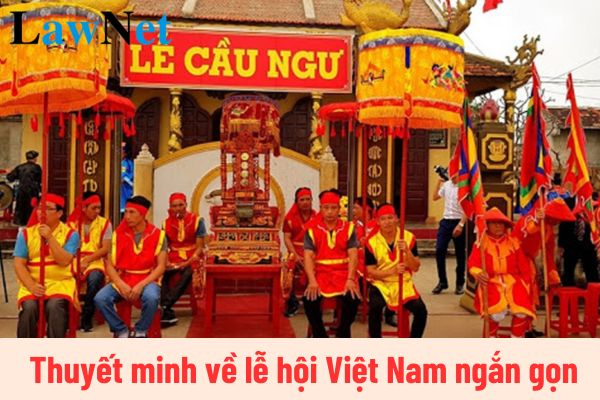

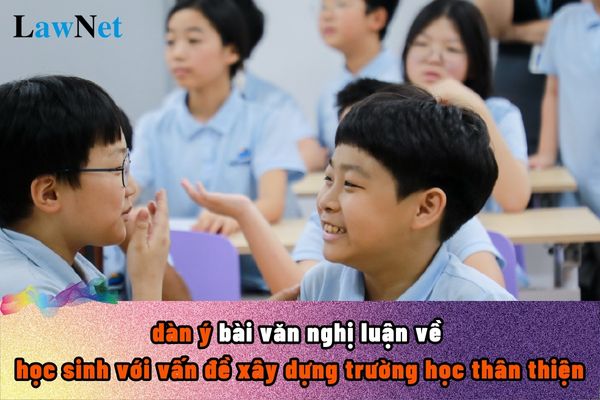
- Vietnam: What is the sample report on a modern literary matter - innovations and renovations in the short stories "Chiếc thuyền ngoài xa" and "Một người Hà Nội"?
- Vietnam: What are the 05 sample 600-word argumentative essays on negative issues among youth today? How many types of texts are there in the content of the 12th-grade Literature curriculum?
- Vietnam: What are the best sample paragraphs about your family for 6th-grade students? What elective subjects do 6th-grade students learn?
- Vietnam: What are the best sample self-introductions in English for 5th-grade students? What topics are covered by the 5th-grade English curriculum?
- Vietnam: What are the sample imaginary paragraphs on Tin-tin and Mi-tin entering the magical garden for 4th-grade students? What are the 05 essential qualities required for 4th-grade students?
- Vietnam: What are the guidelines for preparing the briefest lesson "A Strange Tale of the Fisherman's House/Truyện lạ nhà thuyền chài"? What is the eligibility for lower secondary graduation recognition for 9th-grade students?
- What are the enrollment methods of Pham Ngoc Thach University of Medicine in 2025?
- Vietnam: What are the sample 1st end-of-semester question papers of 9th-grade Literature? What is the form of assessment for 9th-grade Literature?
- Vietnam: What are the 10 sample 200-word social argumentative paragraphs on the strength of discipline? Is improving manpower one of the goals of education?
- What are the sample social argumentative essays on a social issue raised from a literary work in the 8th-grade Literature curriculum in Vietnam?

